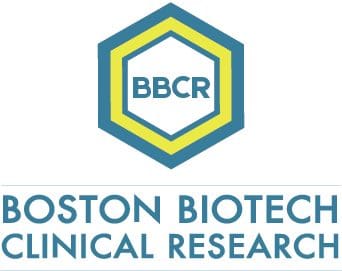Alzheimer’s disease is an irreversible, progressive brain disorder that slowly destroys memory and thinking skills and, eventually, the ability to carry out the simplest tasks. In most people with the disease symptoms first appear in their mid-60s. It is estimated that as many as 5.5 million Americans age 65 and older may have Alzheimer’s. Memory problems are typically one of the first signs of Alzheimer’s, though initial symptoms may vary from person to person. A decline in other aspects of thinking, such as finding the right words, vision/spatial issues, and impaired reasoning or judgment, may also signal the very early stages of Alzheimer’s disease.
Porphyromonas gingivalis is a Gram-negative, anaerobic, pathogenic bacterium. It is found in the oral cavity, where it is implicated in periodontal disease, as well as in the upper gastrointestinal tract, the respiratory tract and the colon. It has been isolated from women with bacterial vaginosis. P. gingivalis infection has been linked to Alzheimer’s disease and rheumatoid arthritis
Collagen degradation observed in chronic periodontal disease results in part from the collagenase enzymes of this species. It has been shown in an in vitro study that P. gingivalis can invade human gingival fibroblasts and can survive in the presence of antibiotics. P. gingivalis invades gingival epithelial cells in high numbers, in which case both bacteria and epithelial cells survive for extended periods of time. High levels of specific antibodies can be detected in patients harboring P. gingivalis.
- gingivalisis mainly found during gingival and periodontal infections; however, it can also be found at low levels in 25% of healthy individuals with no oral disease. A recent study found that 100% of patients with cardiovascular disease had P. gingivalisarterial colonization.
In a mouse model, oral infection with P. gingivalis resulted in brain colonization and production of an amyloid plaque component. Indeed, P. gingivalis produces toxic proteases called gingipains also found in the brain of Alzheimer’s patients. Furthermore, gingipains have a neurotoxic effect, in vivo and in vitro, having detrimental effects on a protein needed for normal neuronal function called tau (Dominy S et al. in Science Advances 23 Jan 2019)( https://advances.sciencemag.org/content/5/1/eaau3333).
Since scientists identified P. gingivalis DNA in AD brains and the cerebrospinal fluid of living subjects diagnosed with probable AD, they hypothesized that P. gingivalis infection acts in AD pathogenesis through the secretion of gingipains Ultimately, these findings may generate the identification and development of a differential marker for early Alzheimer’s disease diagnosis.

Specializing in rare disease, Boston Biotech Clinical Research works with biotech, pharmaceutical, device companies and investors to streamline the clinical trial process. Our experienced team helps each client reach their specific goals by customizing a clinical and regulatory road map of simplified programs and streamlined protocols to meet our clients’ requirements.

